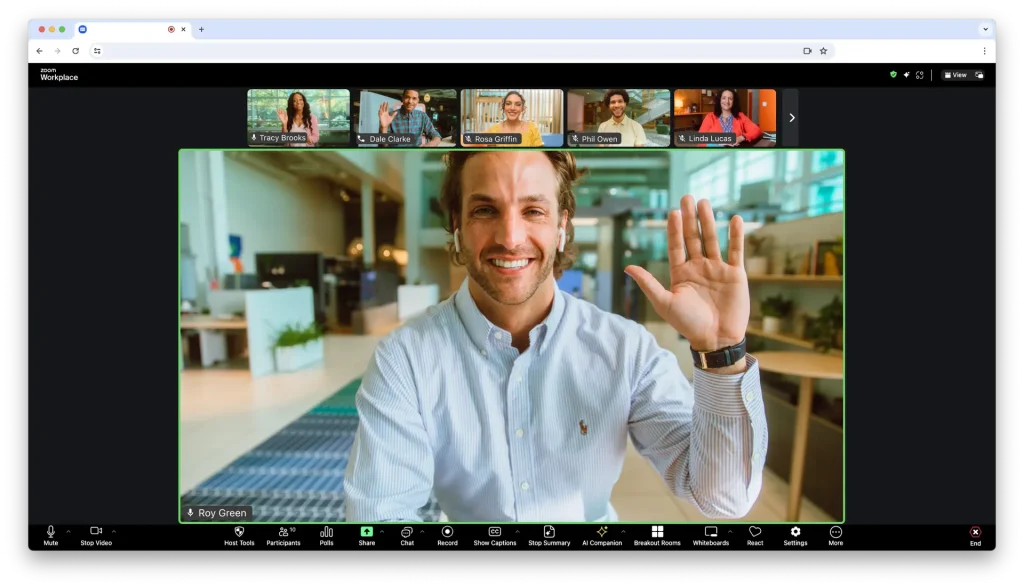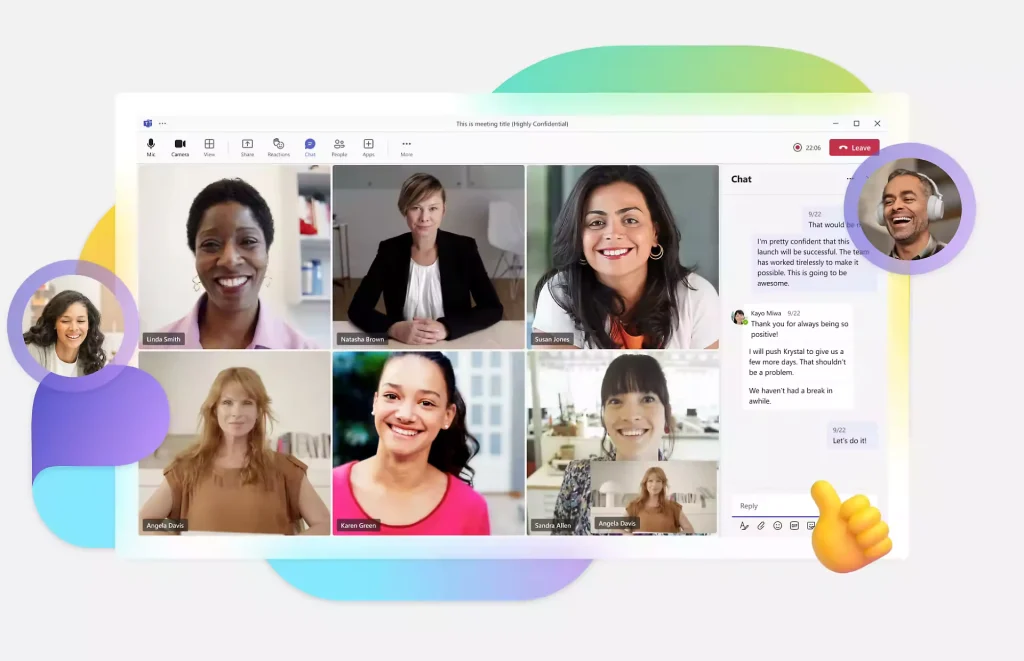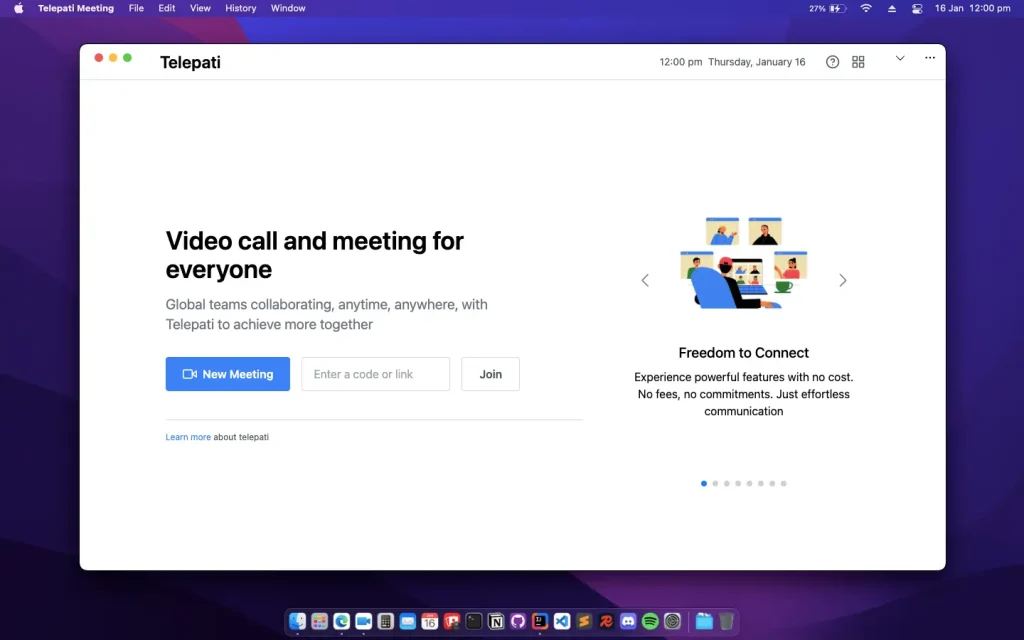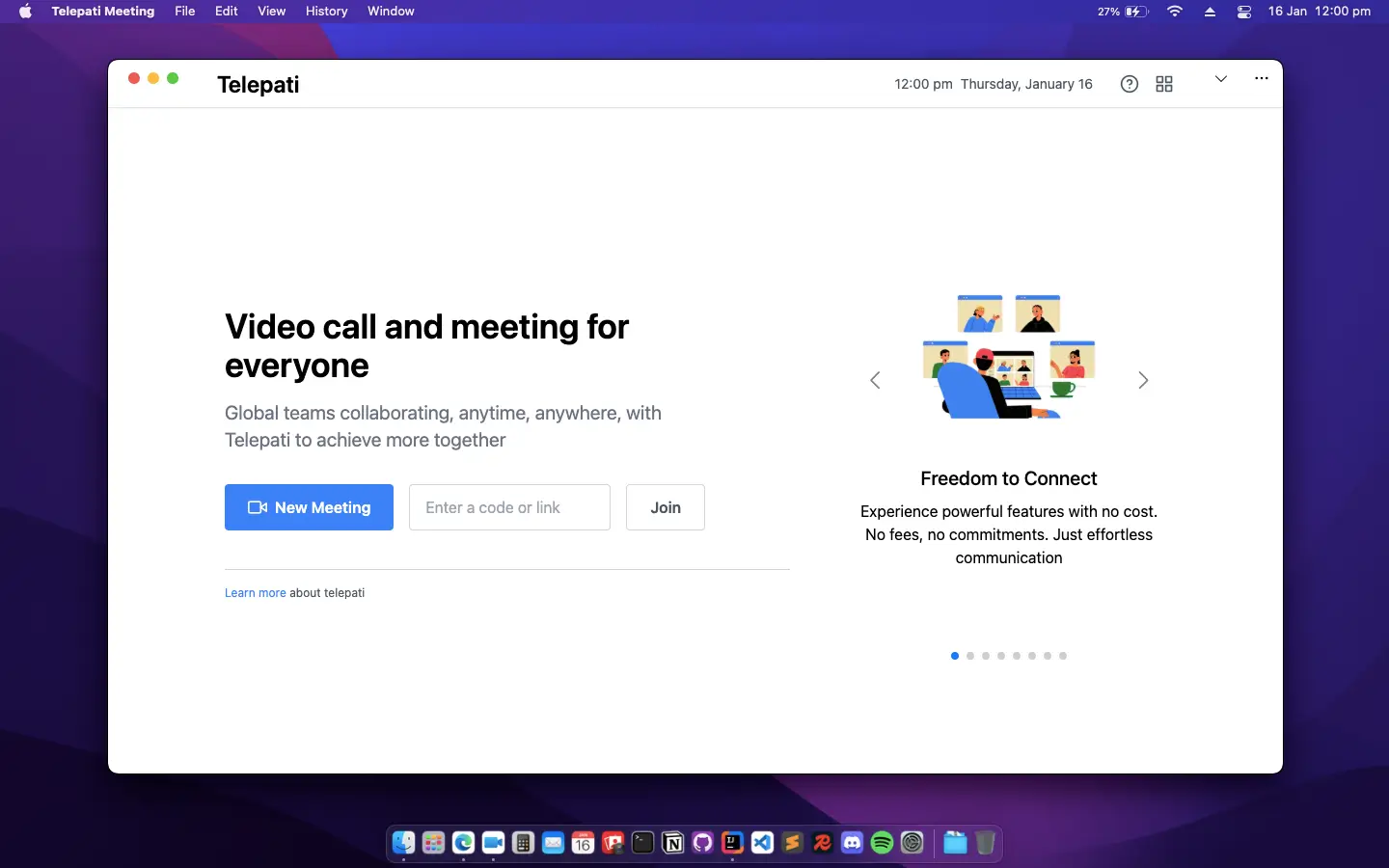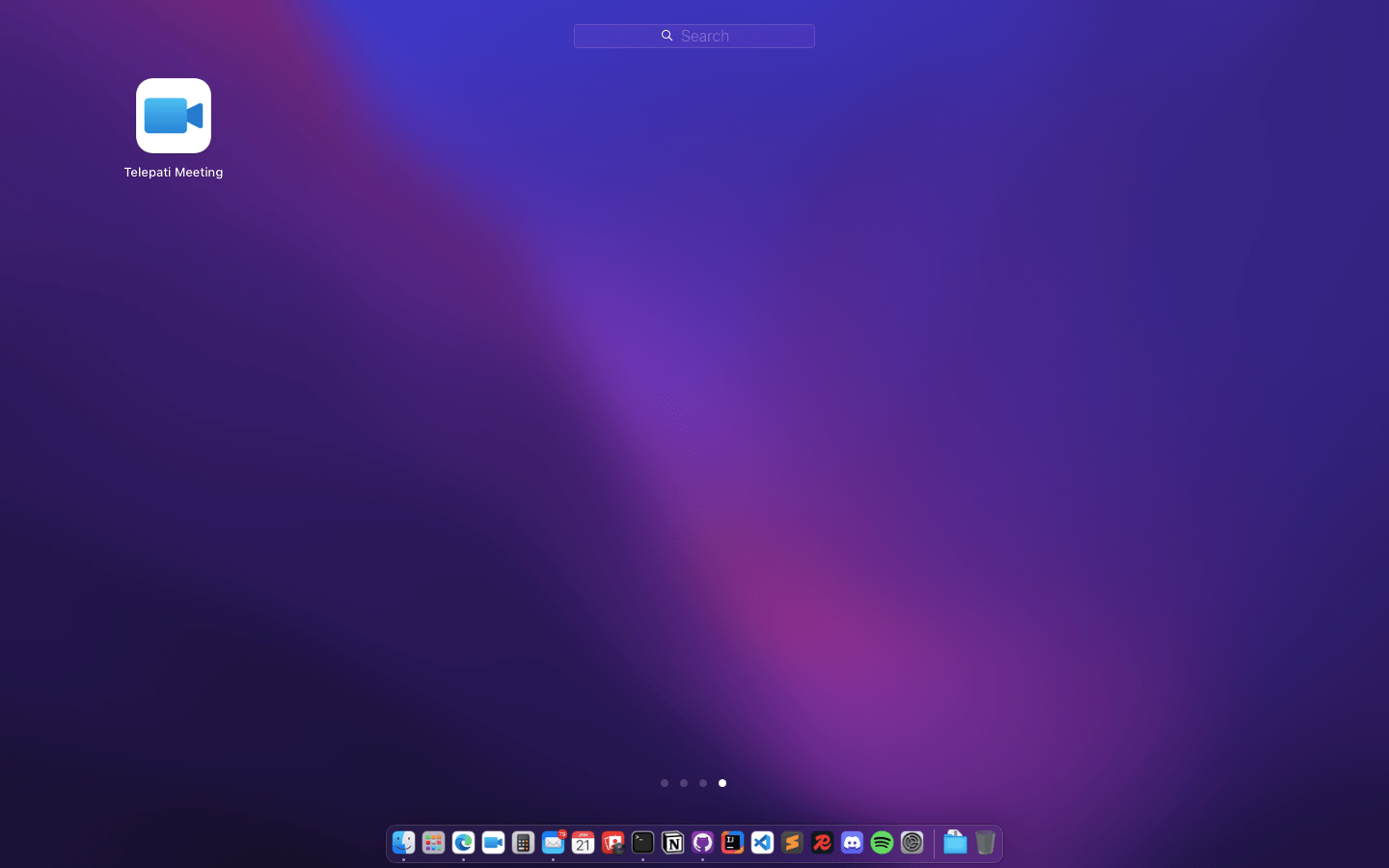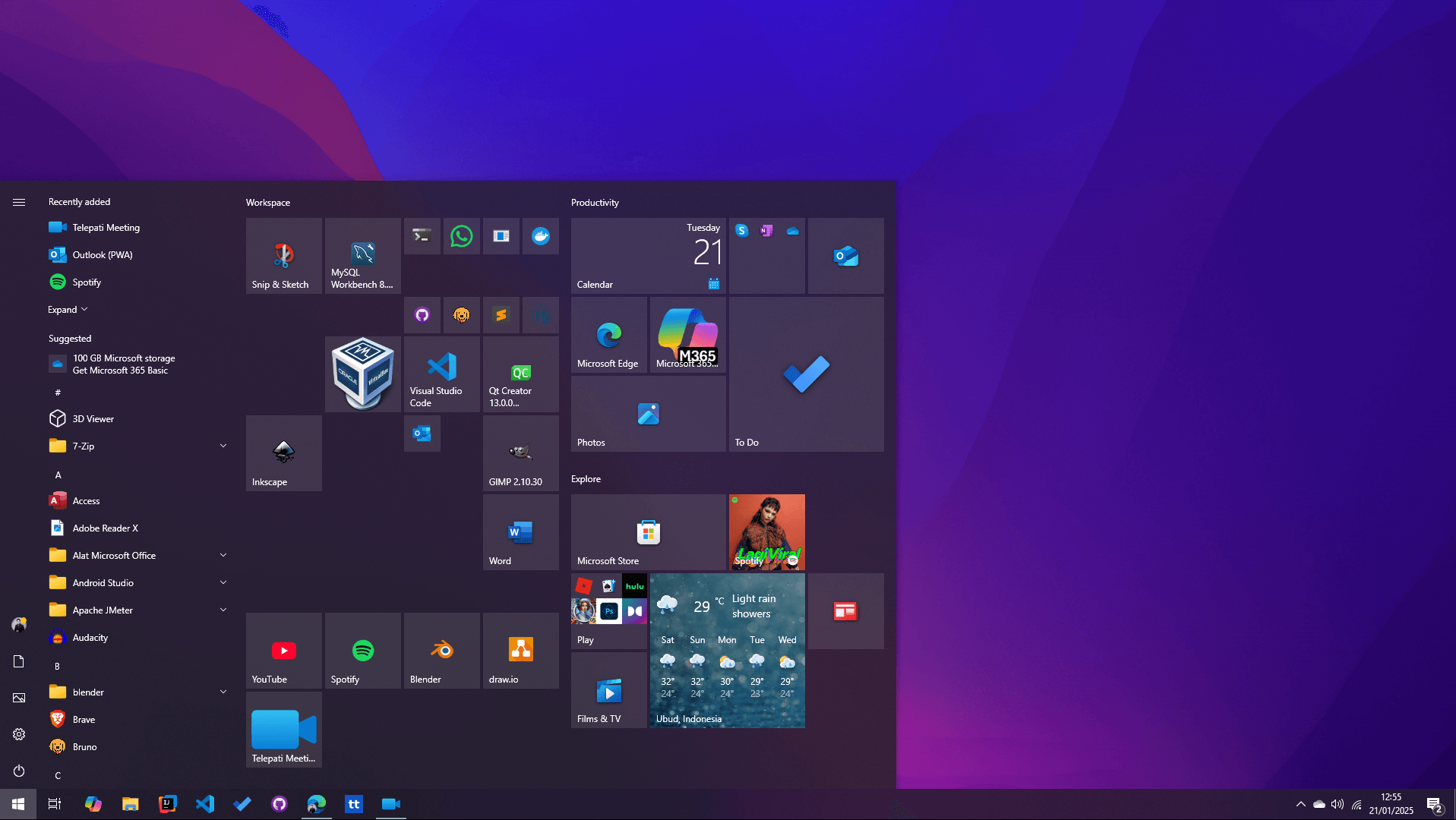Jakarta, 1 Maret 2025 – Pemerintah Indonesia menetapkan kebijakan Work From Anywhere (WFA) pada 24–28 Maret 2025 sebagai upaya untuk mengurangi kemacetan saat arus mudik Lebaran. Kebijakan ini juga mendorong fleksibilitas kerja bagi para karyawan, baik di instansi pemerintah maupun perusahaan swasta. Dengan sistem WFA, mobilitas masyarakat diharapkan lebih tersebar sehingga kemacetan dapat berkurang signifikan.
Meski begitu, keberhasilan WFA sangat bergantung pada infrastruktur digital yang andal. Dukungan teknologi yang memadai diperlukan agar karyawan dapat berkolaborasi dan berkomunikasi secara efektif meski tidak berada di kantor. Kualitas rapat virtual serta kemudahan akses menjadi dua aspek yang tidak bisa diabaikan.
Kendala: Batas Durasi Meeting dan Beban Biaya
Seiring meningkatnya kebutuhan meeting online, banyak karyawan menemukan kendala pada fasilitas yang disediakan perusahaan. Tidak semua instansi menyediakan perangkat atau layanan produktivitas yang memadai. Beberapa bahkan membebankan biaya berlangganan platform rapat pada karyawannya. Alhasil, mayoritas tim memilih layanan gratis dengan batas waktu 45 menit per sesi.
Batasan durasi ini menghambat diskusi mendalam dan pengambilan keputusan strategis, karena peserta harus memulai ulang rapat setiap kali waktu habis. Ritme pembicaraan pun terputus, dan para peserta harus beradaptasi ulang setiap kali memasuki room baru. Situasi ini kerap menurunkan efektifivitas rapat dan memunculkan beban biaya tidak terduga, khususnya bagi organisasi kecil, startup, atau pekerja lepas.
Telepati Meeting Dukung Kinerja Optimal selama WFA 2025: Gratis, Tanpa Batas Waktu
Untuk menanggapi kebutuhan akan platform meeting online yang nyaman dan terjangkau, Tohjiwa Teknologi memperkenalkan Telepati Meeting. Layanan ini menawarkan meeting virtual gratis tanpa batas waktu, mendukung hingga 500 peserta dalam satu ruang rapat, dan dilengkapi berbagai fitur unggulan, seperti:
- Gratis hingga 500 peserta meeting, cocok untuk rapat besar, webinar, bahkan pelatihan online.
- Tanpa batas durasi, diskusi strategis dapat berlangsung tanpa harus terputus setiap 45 menit.
- Rekaman rapat, Setiap diskusi penting dapat direkam dan diakses kembali dengan mudah.
- Akses mudah melalui browser, tidak perlu instal aplikasi tambahan; cukup kunjungi website Telepati Meeting.
- Dapat diinstal sebagai WebApp, yang memberikan akses cepat di desktop atau mobile tanpa harus membuka browser.
- Keamanan terjamin, dengan enkripsi komunikasi end-to-end yang menjaga kerahasiaan data dan informasi.
- Dukungan server andal, menjamin kestabilan dan kualitas audio dan video terbaik selama rapat.
Dengan sederet keunggulan tersebut, Telepati Meeting menjadi pilihan ideal selama periode WFA 2025. Platform ini memudahkan tim, komunitas, serta pelaku freelance untuk tetap produktif tanpa harus memikirkan biaya tambahan atau keterbatasan waktu.
Pertumbuhan Pengguna Telepati Meeting
Berdasarkan data internal Tohjiwa Teknologi, penggunaan Telepati Meeting meningkat hingga 600% dalam enam bulan terakhir. Angka ini menunjukkan bahwa kebutuhan layanan konferensi video yang andal, gratis, dan tanpa batas waktu semakin tinggi—terlebih di tengah tren kerja fleksibel yang kian berkembang.
“Dengan Telepati kami ingin memastikan bahwa setiap orang, baik perusahaan, komunitas, maupun pekerja mandiri, memiliki akses ke meeting online gratis, dan tanpa batasan durasi atau jumlah peserta.”
– Eric A. Sanjaya, Direktur Tohjiwa Teknologi.
Cara Akses Telepati Meeting
- Kunjungi Telepati Meeting
- Klik ‘Mulai Meeting’ untuk membuat room baru atau bergabung dengan room yang sudah ada.
- Tanpa registrasi sehingga Anda bisa langsung menggunakan layanan tanpa perlu mendaftar
Untuk panduan lengkap cara menggunakan Telepati Meeting, silahkan kunjungi blog.tohjiwa.com.
Tentang Telepati Meeting
Telepati Meeting adalah platform rapat online buatan Tohjiwa Teknologi yang berfokus pada aksesibilitas, keandalan, dan keamanan. Didesain untuk membantu perusahaan, komunitas, serta individu, Telepati Meeting menawarkan pengalaman konferensi video gratis dengan kualitas tinggi—mewujudkan kolaborasi yang lebih efisien dan terjangkau
Kontak Media
Untuk informasi lebih lanjut mengenai Telepati Meeting atau kerja sama media, silakan hubungi:
Email: press@tohjiwa.com
Telepon: +62 878 604 08682
Website: tohjiwa.com
Press release ini bertujuan menyebarluaskan informasi terkait Telepati Meeting dan kebijakan WFA 2025. Untuk permintaan wawancara, kerjasama media, atau informasi lebih lanjut, silakan hubungi tim media kami melalui kontak di atas.



